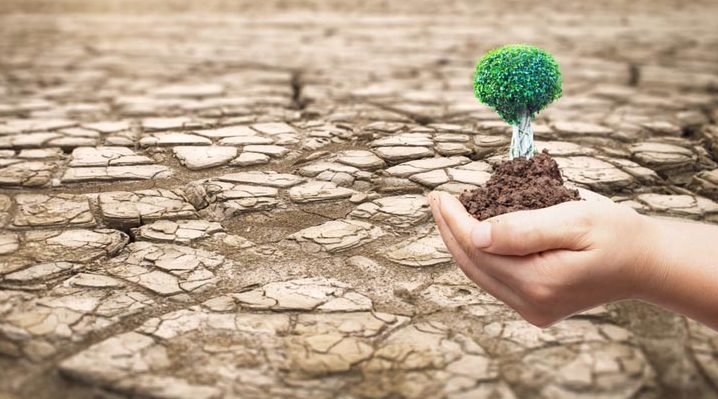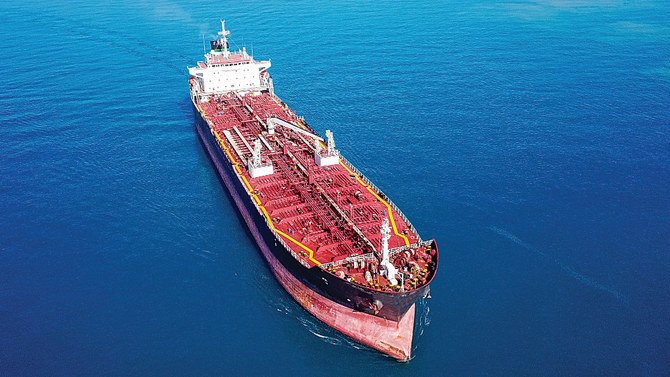Water scarcity has become an increasingly pressing issue in many countries across the Middle East. With limited freshwater resources, rapid population growth, and the exacerbating effects of climate change, the region is facing significant challenges in ensuring access to clean drinking water, sustaining agricultural productivity, and driving socio-economic development. In this article, we delve into the complexities of water scarcity in the Middle East, explore its far-reaching impacts, and shed light on the urgent need for sustainable solutions to secure a better future for the region.
- Understanding the Water Scarcity Crisis:
This section provides a comprehensive overview of the factors contributing to water scarcity in the Middle East. It highlights the limitations of freshwater resources, population growth trends, and the implications of climate change on water availability. By delving into these factors, readers gain a deeper understanding of the severity of the crisis and its multifaceted nature. - Impacts on Access to Clean Drinking Water:
Water scarcity directly affects the availability and quality of drinking water. This section focuses on the challenges faced by communities in accessing clean and safe water sources. It explores the health implications of waterborne diseases, the burden on vulnerable populations, and the need for sustainable water management strategies to ensure a reliable supply of potable water. - Agricultural Productivity and Food Security:
Agriculture plays a crucial role in the Middle East, and water scarcity poses a significant threat to agricultural productivity and food security. This section discusses the impact of water scarcity on crop cultivation, irrigation practices, and the sustainability of agricultural systems. It also highlights innovative techniques and technologies that can help optimize water use and improve agricultural resilience. - Socio-economic Development and Water Scarcity:
Water scarcity has wide-ranging socio-economic implications. This section explores how water scarcity hinders economic growth, exacerbates poverty, and creates social inequalities. It examines the interconnections between water scarcity, energy production, industrial sectors, and the need for integrated approaches to ensure sustainable development in the face of water limitations. - Sustainable Solutions for Water Scarcity:
In this section, we delve into potential solutions and strategies to address water scarcity in the Middle East. It explores the importance of water conservation, efficient irrigation practices, wastewater treatment, desalination technologies, and cross-border cooperation. By showcasing successful case studies and best practices from the region and beyond, readers are inspired by the possibilities of achieving water security and sustainability.
The challenges of water scarcity in the Middle East demand urgent attention and collective action. By raising awareness about the gravity of the issue and exploring sustainable solutions, we can pave the way for a future where clean water is accessible to all, agricultural productivity is safeguarded, and socio-economic development thrives. Let us join hands and work together to navigate the challenges of water scarcity, ensuring a sustainable and prosperous future for the Middle East.



